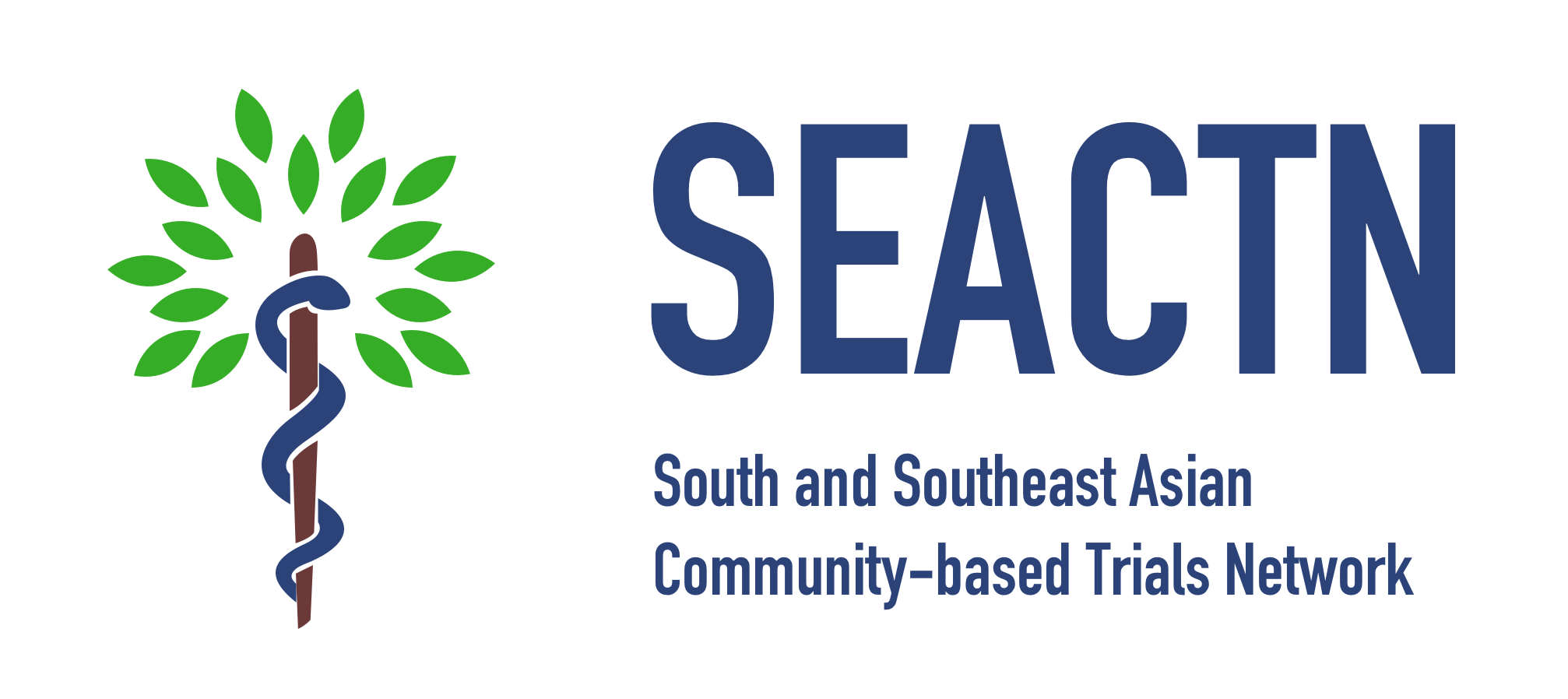
Acute febrile illness in remote and rural communities: Perspectives of health providers and managers in Chattogram, Bangladesh
In the remote corners of Chattogram Division in Bangladesh, a simple fever can be a death sentence. Limited access to care, delays in seeking help, and widespread self-medication are factors putting rural communities at risk. A new qualitative study dives deep into the challenges of managing acute febrile illness in these areas, drawing insights from interviews with local and international stakeholders.

Defining the hidden burden of disease in rural communities in Bangladesh, Cambodia and Thailand: a cross-sectional household health survey protocol
The data collection for the SEACTN household health survey across Bangladesh, Cambodia, and Chiang Rai (Thailand) is completed. This survey utilized questionnaire interview, physical examinations, and blood tests to evaluate the prevalence of a wide range of non-communicable and communicable diseases in these rural communities. The findings will inform evidence-based healthcare prioritization.

Cost-effectiveness analysis of a multiplex lateral flow rapid diagnostic test for acute non-malarial febrile illness in rural Cambodia and Bangladesh
Using data collected in the SEACTN Rural Febrile Illness project, Christopher Chew and colleagues evaluate the cost-effectiveness of a multiplex rapid diagnostic test able to diagnose enteric fever and dengue, coupled with CRP measurement to guide antibiotic prescribing for respiratory tract infections, in rural Cambodian and Bangladeshi primary care settings.

Expanding the roles of community health workers to sustain programmes during malaria elimination: a meeting report on operational research in Southeast Asia
As malaria progressively declines in Cambodia, there’s a concern about the diminishing relevance of village malaria workers (VMWs). In August 2023, a meeting addressed the feasibility and policy implications of VMWs managing non-malarial fevers, part of the operational research in western Cambodia to ensure VMWs remain active until malaria elimination is achieved.

Ethical and cultural implications for conducting verbal autopsies in South and Southeast Asia: a qualitative study
The verbal autopsy method can be sensitive to the individuals interviewed, their families and communities. Prior to study implementation, Nan Shwe Nwe Htun, Tom Peto and SEACTN colleagues sought to explore local beliefs and practices about death to inform appropriate bioethical practices and found that verbal autopsy is acceptable across a wide range of cultural settings in Bangladesh, Myanmar, Thailand, Laos PDR, and Cambodia.

Defining the burden of febrile illness in rural South and Southeast Asia: an open letter to announce the launch of the Rural Febrile Illness project
In rural areas of South and Southeast Asia malaria is declining but febrile illnesses still account for substantial morbidity and mortality. Village health workers (VHWs) are often the first point of contact with the formal health system, and for patients with febrile illnesses they can provide early diagnosis and treatment of malaria.

